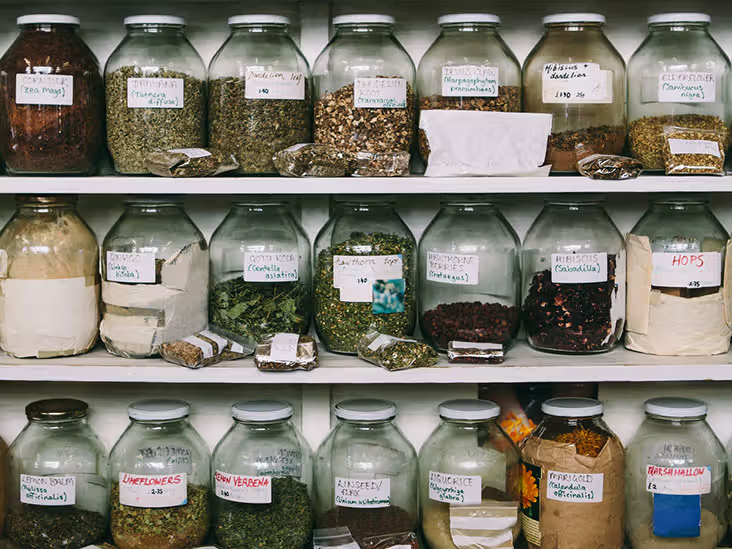Millions of people struggle with insomnia, tossing and turning at night, desperate for rest. Instead of relying on prescription sleep medications, which can have unwanted side effects, many are turning to natural sleep aids to improve their sleep quality. These remedies, including magnesium, valerian root, melatonin, and better sleep hygiene, can significantly enhance sleep without dependency. If you’re tired of sleepless nights, let’s explore the best natural solutions that genuinely work.
How Magnesium Promotes Deep and Restful Sleep

Magnesium is an essential mineral that plays a key role in relaxation and sleep regulation. It helps activate the parasympathetic nervous system, which promotes calmness and reduces stress, making it easier to fall asleep. Studies have shown that magnesium deficiencies can contribute to insomnia, restless legs, and nighttime awakenings.
This mineral enhances the production of gamma-aminobutyric acid (GABA), a neurotransmitter that helps quiet the nervous system. Low levels of GABA are linked to poor sleep and anxiety. Taking magnesium before bed may improve sleep duration and quality, making it an effective natural sleep aid for those struggling with insomnia.
Magnesium is found in foods like leafy greens, nuts, and seeds, but supplementation may be necessary for those who are deficient. Magnesium glycinate and magnesium citrate are the best forms for sleep, as they are easily absorbed and gentle on the stomach.
Valerian Root: A Powerful Herbal Remedy for Insomnia

Valerian root has been used for centuries as a natural sedative and remains one of the most effective herbal remedies for sleep. It works by increasing GABA levels in the brain, similar to how anti-anxiety medications function. This effect leads to reduced stress and a quicker transition into deep sleep.
Research indicates that valerian root not only helps people fall asleep faster but also improves overall sleep quality. Unlike prescription sleep aids, valerian root does not cause morning grogginess or dependence, making it a safe and effective option for those seeking natural sleep aids.
To experience its full benefits, valerian root should be taken 30 to 60 minutes before bedtime. It is available in tea, capsule, and tincture forms, allowing users to choose the method that best suits them.
The Role of Melatonin in Regulating Sleep Cycles
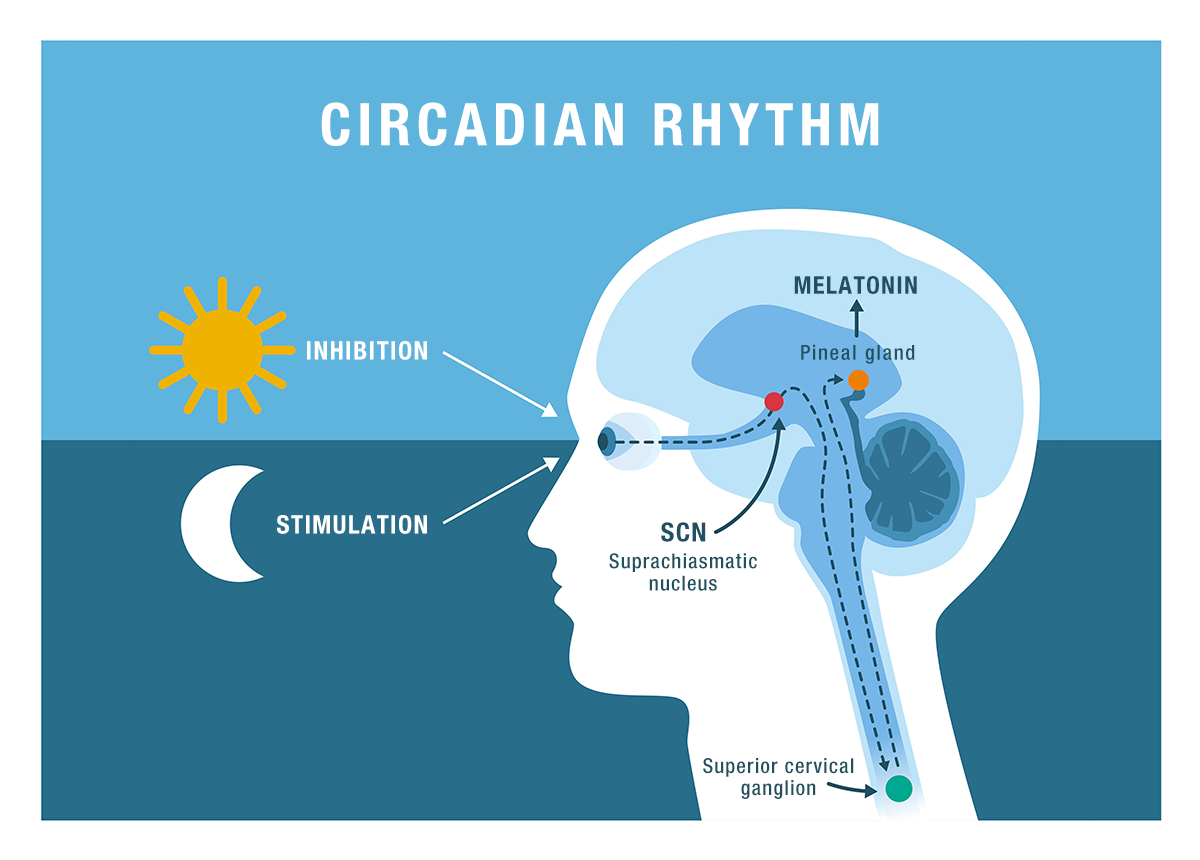
Melatonin is a hormone naturally produced by the pineal gland, signaling the body that it’s time to sleep. However, modern lifestyles—especially excessive exposure to artificial light from screens—can disrupt melatonin production, leading to insomnia.
Supplementing with melatonin can help reset the body’s internal clock, particularly for individuals struggling with jet lag or shift work. Unlike other sleep aids, melatonin does not force sleep but rather enhances the body’s natural ability to wind down.
For best results, melatonin should be taken 30 to 90 minutes before bedtime. A low dose (0.5 to 3 mg) is typically sufficient, as higher doses can lead to grogginess the next day. Melatonin is one of the most widely used natural sleep aids, offering a non-habit-forming solution for insomnia.
Chamomile Tea: A Gentle Sleep-Inducing Drink
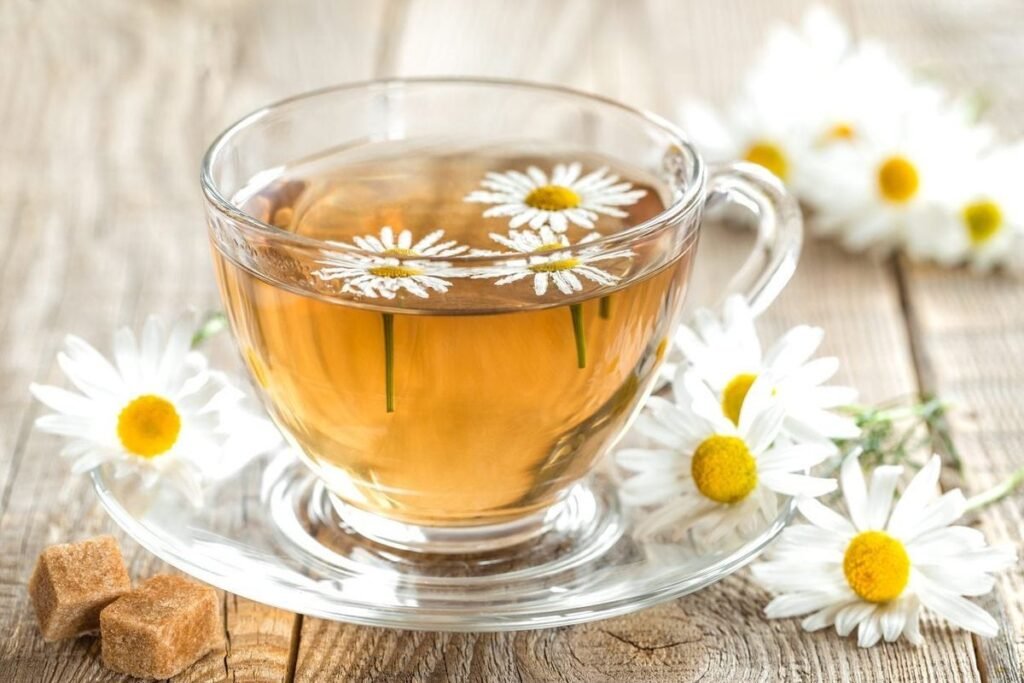
Chamomile has been used for centuries as a natural remedy for relaxation and sleep. It contains apigenin, an antioxidant that binds to receptors in the brain, promoting drowsiness and reducing anxiety. Drinking a warm cup of chamomile tea before bed can create a calming nighttime ritual that encourages relaxation.
Unlike stronger herbal sleep aids, chamomile is mild and suitable for regular use. Studies have found that people who consume chamomile tea consistently experience improved sleep quality and reduced nighttime awakenings.
For maximum effectiveness, chamomile tea should be steeped for at least 10 minutes to extract its full benefits. Pairing it with other natural sleep aids, such as magnesium or valerian root, can enhance its soothing effects.
The Importance of Sleep Hygiene for Restful Nights
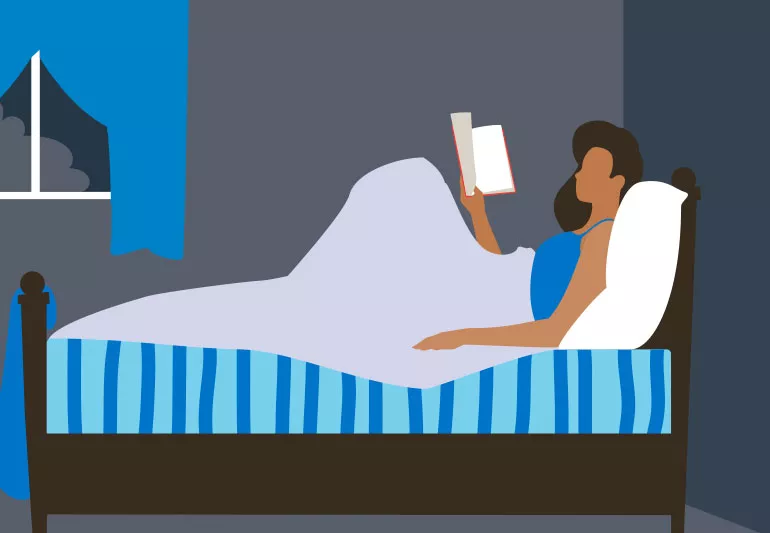
Even the best natural sleep aids will not work effectively without proper sleep hygiene. Poor sleep habits, such as irregular bedtimes, excessive screen time, and caffeine consumption late in the day, can severely impact sleep quality.
Maintaining a consistent sleep schedule helps regulate the body’s internal clock. Going to bed and waking up at the same time each day, even on weekends, improves sleep patterns. A well-structured nighttime routine, such as dimming the lights and engaging in relaxing activities, signals the brain that it’s time to sleep.
Additionally, optimizing the sleep environment—such as keeping the bedroom cool, dark, and quiet—can significantly enhance sleep quality. Using blackout curtains, white noise machines, or essential oils like lavender can further promote relaxation.
CBD for Sleep: A Natural Solution for Insomnia
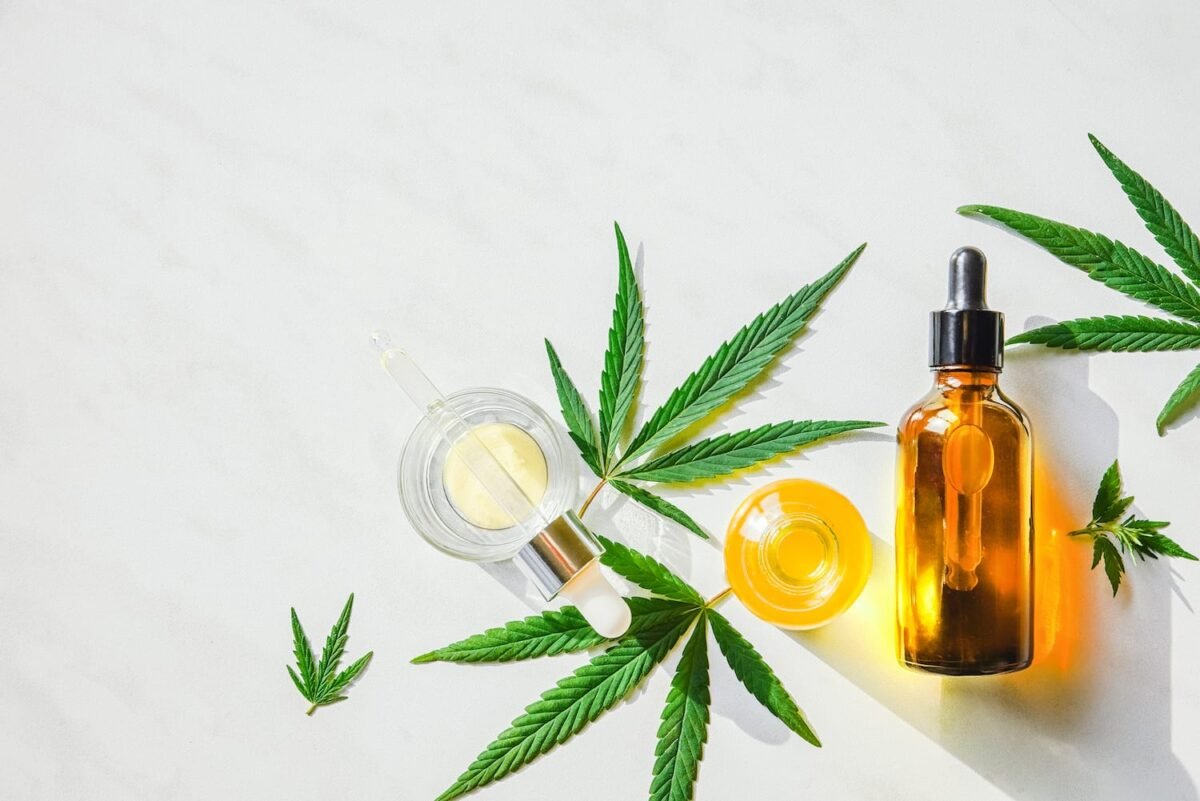
Cannabidiol (CBD), a non-psychoactive compound found in hemp, has gained popularity for its ability to improve sleep. CBD interacts with the endocannabinoid system, helping to regulate stress, anxiety, and sleep cycles.
Studies suggest that CBD can reduce cortisol levels, the stress hormone that often keeps people awake at night. Many users report feeling more relaxed and experiencing deeper sleep after taking CBD oil or gummies before bed.
Unlike pharmaceutical sleep medications, CBD does not cause addiction or next-day grogginess. However, it’s essential to choose a high-quality product with third-party lab testing to ensure purity and effectiveness.
Exercise and Its Impact on Sleep Quality
Regular physical activity is one of the most overlooked yet powerful natural sleep aids. Exercise helps regulate circadian rhythms, reduce stress, and promote deeper sleep stages. Engaging in moderate aerobic activity, such as brisk walking, yoga, or swimming, can significantly improve sleep quality.
The timing of exercise matters—working out too close to bedtime can increase alertness and delay sleep. Instead, aim to exercise earlier in the day to allow the body to wind down naturally in the evening.
Additionally, stretching and relaxation techniques, such as deep breathing or progressive muscle relaxation, can help ease tension and prepare the body for restful sleep.
The Benefits of Aromatherapy for Sleep
Aromatherapy, particularly with essential oils like lavender, sandalwood, and chamomile, can be an effective tool for promoting relaxation and sleep. These natural scents have been shown to reduce heart rate, lower stress levels, and create a tranquil atmosphere conducive to rest.
Lavender oil is especially well-documented for its sleep-enhancing properties. Inhaling its scent or using a few drops on a pillow can help calm the mind and encourage deep sleep. Aromatherapy diffusers can also create a soothing sleep environment.
For those seeking a gentle but effective natural sleep aid, incorporating essential oils into a nightly routine can make a noticeable difference in sleep quality.
Conclusion: Finding the Best Natural Sleep Aid for You
Improving sleep naturally requires a combination of effective remedies and healthy sleep habits. Magnesium, valerian root, melatonin, and chamomile tea are among the best natural sleep aids for combating insomnia. Complementing these with good sleep hygiene, regular exercise, and aromatherapy can lead to lasting improvements in sleep quality.
Rather than relying on pharmaceutical sleep medications, exploring natural solutions allows for better rest without side effects or dependency. By making small changes and incorporating these remedies into your routine, you can finally achieve the deep, restorative sleep your body needs.






